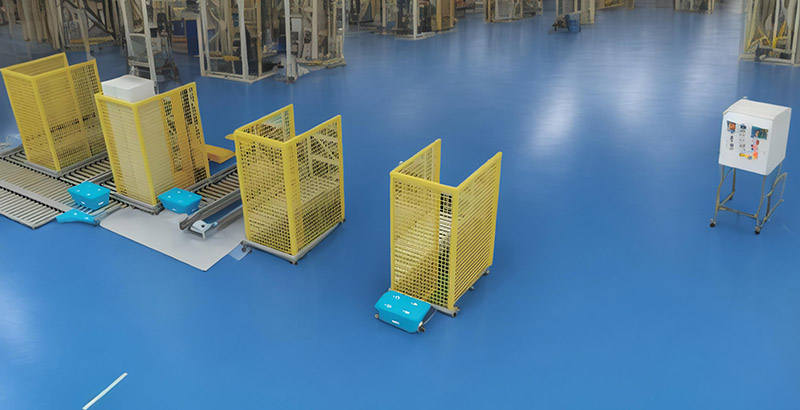Introduction
In warehouse automation, LiDAR (Light Detection and Ranging) technology is improving both efficiency and safety by providing detailed 3D mapping and advanced obstacle detection capabilities. This technology is becoming increasingly vital in modern warehousing operations.

Role of LiDAR in Warehouse Automation
LiDAR sensors create precise 3D maps of warehouse environments by emitting laser pulses and measuring their reflections. This data enables automated systems such as autonomous forklifts and robotic picking systems to navigate effectively and avoid obstacles. For example, LiDAR-equipped autonomous forklifts can detect and avoid shelves, pallets, and other obstacles, ensuring smooth operation in busy warehouse environments.
Applications and Benefits
LiDAR is used in various warehouse automation applications, including material handling, inventory management, and order fulfillment. By providing real-time spatial data, LiDAR enhances the efficiency of these operations, reduces the risk of collisions, and improves overall safety. Additionally, LiDAR’s ability to operate in varying lighting conditions makes it suitable for diverse warehouse environments.
Challenges and Solutions
The main challenges in using LiDAR for warehouse automation include the high volume of data and the need for real-time processing. Solutions such as advanced data processing algorithms and improved sensor technologies are addressing these challenges, making LiDAR more effective and accessible for warehouse applications.
Future Developments
Future developments in LiDAR technology for warehouse automation include advancements in sensor resolution, data processing capabilities, and integration with other automation technologies. These improvements will further enhance the efficiency and safety of warehouse operations.
Conclusion
LiDAR technology is playing a crucial role in enhancing warehouse automation by providing accurate 3D mapping and obstacle detection. Its benefits in improving efficiency and safety make it a valuable tool for modern warehousing practices.


